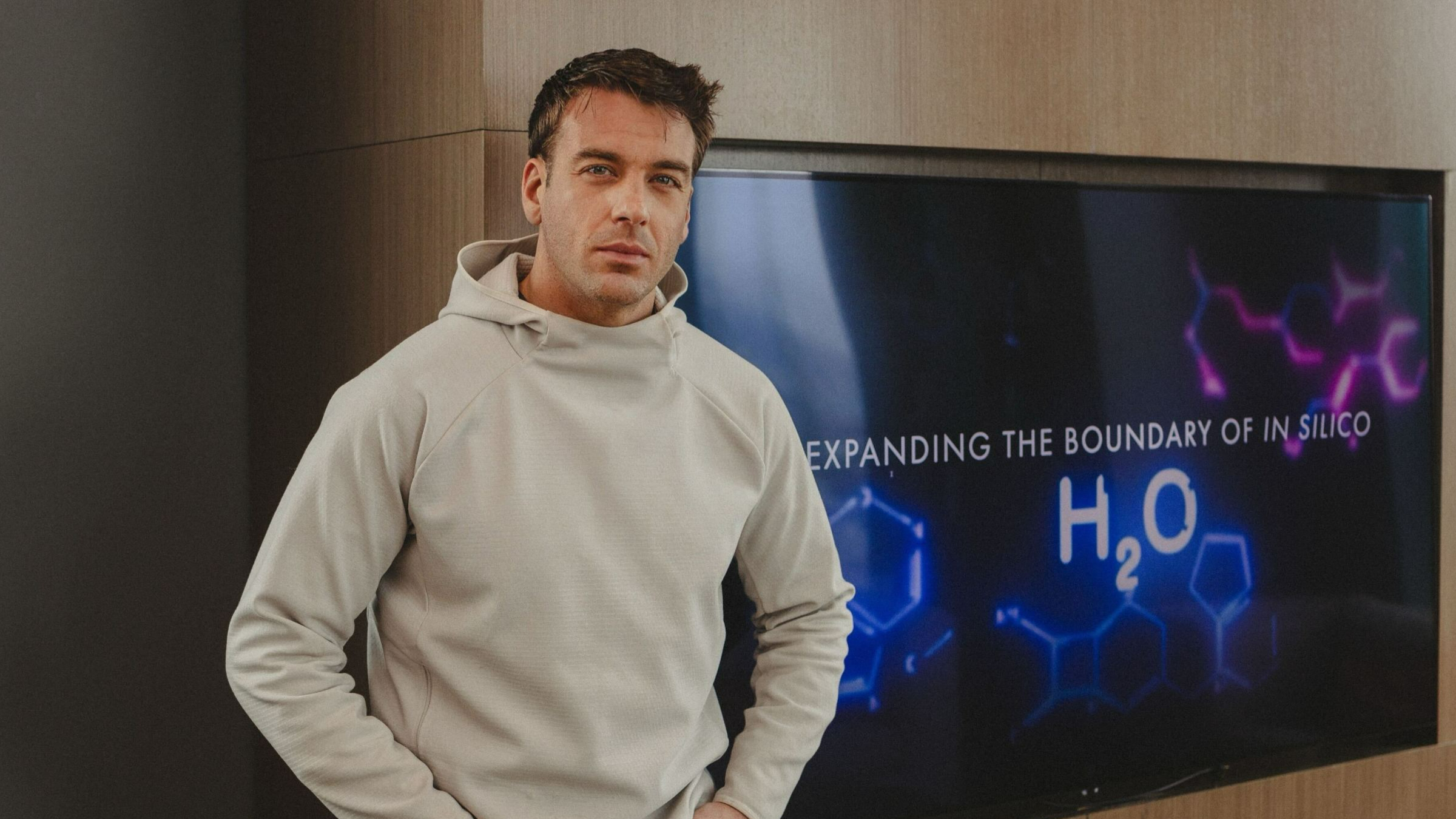VantAI, a company backed by Roivant Sciences, has secured a significant partnership with Halda to develop innovative therapies. This collaboration, valued at $1 billion, aims to create new “hold and kill” medicines, marking a notable advancement in biopharmaceutical research.
The partnership will leverage generative AI technologies originating from the lab of Craig Crews, a prominent figure in the biotech field. The goal is to enhance the efficiency of drug discovery processes, particularly in the development of therapies that can selectively target and deactivate harmful cells without causing broader damage to healthy tissues.
VantAI specializes in utilizing artificial intelligence to expedite the creation of novel therapies. By integrating machine learning with biopharmaceutical expertise, the company aims to streamline the traditionally lengthy and costly drug development process. This agreement with Halda represents a significant step forward, as both companies anticipate that these innovative strategies will lead to breakthrough treatments in a variety of therapeutic areas.
The term “hold and kill” refers to a cutting-edge approach that allows for the precise targeting of diseased cells while preserving surrounding healthy cells. This method is particularly important in treating conditions such as cancer, where conventional treatments often harm healthy tissue. The collaboration aims to refine this approach, potentially leading to more effective and less toxic treatment options for patients.
VantAI’s focus on generative AI is poised to transform the landscape of medical research. By employing advanced computational techniques, the company can analyze vast datasets to identify promising drug candidates more rapidly than traditional methods allow. This efficiency could significantly reduce the time it takes to bring new treatments to market, ultimately benefiting patients in need of effective therapies.
The partnership comes at a time when the demand for innovative medical solutions is on the rise. As healthcare providers and patients seek alternatives to existing therapies, collaborations like this one between VantAI and Halda could pave the way for groundbreaking advancements in treatment methodologies.
The financial backing of $1 billion underscores the confidence investors have in this venture. By pooling resources and expertise, both companies aim to advance their research objectives while addressing critical gaps in the current treatment landscape. The collaboration could also foster additional partnerships within the biotech community, further enhancing the innovation ecosystem.
As the project progresses, both VantAI and Halda will be closely monitored by industry analysts and stakeholders eager to see how this partnership unfolds. The implications of their work could extend beyond immediate therapeutic applications, influencing the broader field of biotechnology and the integration of AI in medical research.
In summary, the partnership between VantAI and Halda represents a promising development in the pursuit of advanced therapeutic solutions. With a focus on generative AI and innovative drug strategies, this collaboration could lead to significant breakthroughs in medicine, showcasing the potential of technology to transform healthcare.







































































